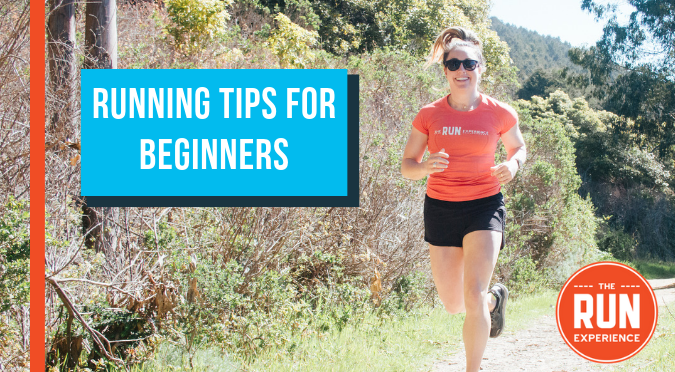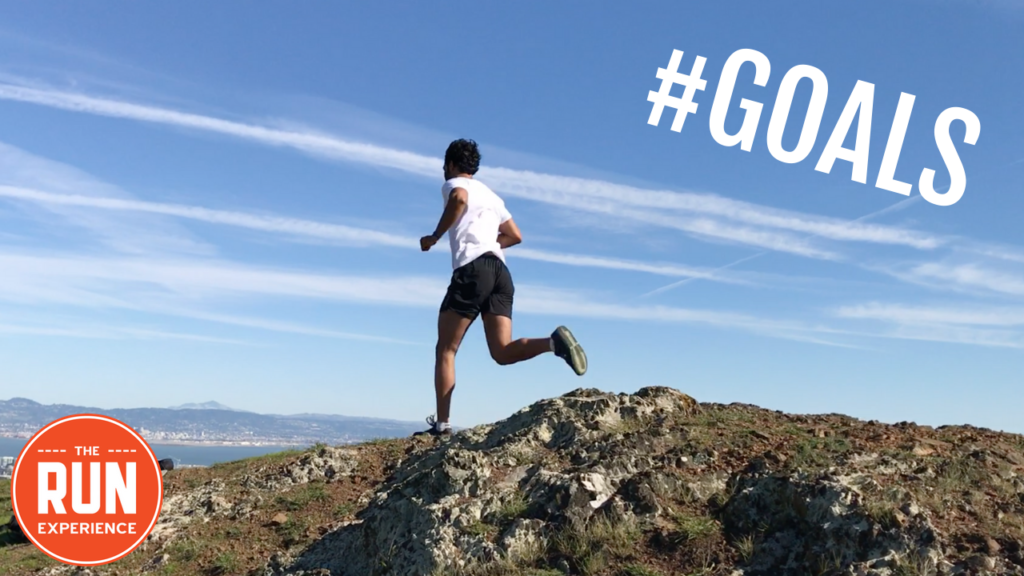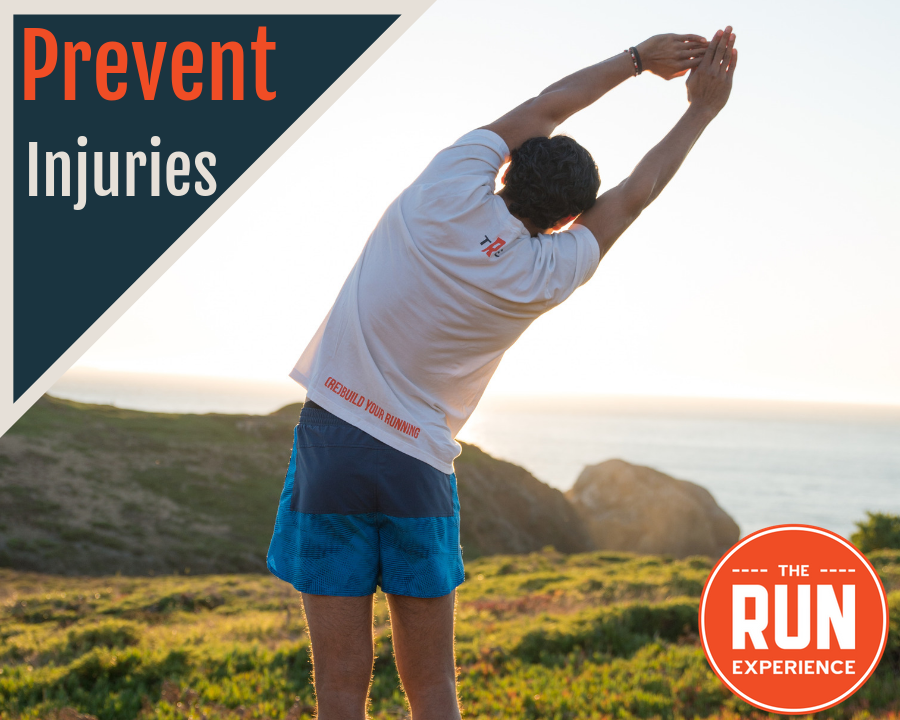3 Excellent Running Tips for Beginners

Let’s say you’re trying to get into shape and experience better overall health. You’ve decided to become a runner, and you’re looking for the best running tips for newbies. It’s all about lacing up your running shoes and get ready to learn how to hit the ground running.
Congratulations! We might be a little biased, but we think distance running one of the best cardio sports you can engage in. You’ll get to enjoy a rush of endorphins, commonly known as “runner’s high,” burn a TON of calories, benefit from a full-body workout with each run–and join a community of other runners who will support your journey.
Or, maybe you’re an experienced runner who has finally convinced a friend or loved one to take up the sport. Whatever the case, here’s our best advice for beginner runners!
1. Determine Your Pace
When you’re starting out with running, you’ll likely fall into one of two camps. You might feel excited about your new endeavor, and throw yourself into it with intensity–and an overly quick pace.
It will feel great for a few minutes, but it won’t last! You’ll likely be tired out within a few minutes and gasping for breath, especially if you’re not in great cardiovascular shape yet. You’ll be nervous to embark on your next run, and it’s a good way provoke a running injury.

On the other hand, you might be over-cautious and start your first run with too slow of a pace. You find a “comfort zone” in easy runs and you don’t worry about how long you can run because you know you can hold the pace. The danger here is getting too complacent and not improving your speed as much as you want.
So, how do you determine how you should pace yourself during a run? Here are some great running tips on pacing from Coach Holly!
Know Your Current Pace
You need be able to track how long your run or splits are, and how fast your mile splits are, the running conditions, etc. Track them over the course of a week or with a simple phone app such as Strava or MapMyRun.
Change Up Your Running Terrain
Add hill runs, stairs, and trails into your running routine. You can also incorporate interval running or tempo runs to help you feel the effects of different running paces. Take notice of how you breathe, how your form changes, and which muscles are working harder.
Develop and Stick to a Training Program
This will help you develop long-term goals and improve more efficiently. It also makes you more accountable and gives you the right amount of structure. We might be partial–but we highly recommend TRE’s beginner running program. You can also join a local running community to discover running partners, groups, and encouragement!
Check out Coach Holly’s full video on running tips for beginners here!
2. Set Personal Running Goals
Just like anything else in life, setting personal goals in running is key to success. If you don’t have a plan, you’re not likely to get the results you want. First, determine what you want to get out of becoming a runner.
You can have one objective or many! Here are some common goals people have for developing a training plan:
- Losing weight and building strength
- Improving mental health and happiness–many people say runner’s high is more effective than antidepressants
- Running a race for the first time, whether it’s a 5K or a half marathon
- Overcoming bad habits

Put Your Goal(s) Into Action
Once you’ve determined what your goal(s) are, make a tangible plan. For example, if you want to lose 10 pounds, do a weekly weigh-in and record your progress. Compare your weigh-ins with your training log and compare your training with your weight loss.
If weight loss is your goal, don’t underestimate the importance of following a healthy diet. Yes, running burns calories, but it’s not a license to eat everything. You should also consider relying on body measurements rather than just the scale. Running also builds muscle, so you might gain a little bit–especially in the beginning. If your clothes are fitting better, it’s a good sign!
Let’s say your goal is to run your first 5k. Get specific! Search for 5k races in your area or pick a city you’d like to visit and look for races there. What better reason to travel to a new city to motivate you for race day?
Hold yourself accountable by registering for the race right away. If you can convince a running buddy to sign up with you, even better! You can also look for local running groups for people to train with. Now you’re committed. You’ve paid the registration fee and put it on your calendar. Make a countdown with a phone app for even more motivation.
3. Avoid Running Injuries
Little discourages a new runner more than getting a running injury early on. Thankfully, there are several things you can do to help prevent injuries so you can focus on meeting those goals. That’s why one of our most crucial running tips is practicing proper injury prevention.

Incorporate Warm Ups and Cool Downs
We get it–you don’t want to waste time warming up before you hit the road, and the last thing you want to do after a hard run is walk and stretch. You’re tired and want to go home and rest.
If it’s a rest day and you’re just doing a light run, you don’t need to worry too much about warming up. However, you don’t want to start a hard run on cold muscles. Give your muscles a few minutes to warm-up with a light walk or jog. Do 30 seconds of butt-kicks, high-knees, and carioca to loosen up your joints and set the stage for an excellent workout.
But, if you don’t spend 10 minutes walking or jogging and stretching, your muscles will get sore and you’ll be stiff when starting your next workout. You also risk developing painful injuries that keep you out of the game, such as shin splints or Achilles tendonitis.
Pro-Tip: You can also lessen some of the stress on your legs pounding the pavement with cross-training like swimming, elliptical training, running on a treadmill, biking, and strength training.
Bonus: Learn some of the best post-run cool-down tips from Coach Kirk.
The Bottom Line
The decision to become a runner is one you won’t regret. It’s a sport with amazing health benefits you can enjoy for a very long time with the proper preparation and care.
TRE is here to help with resources such as our videos, training plans, and articles. We’re here to help guide you along your running journey and get the most out of each run.
